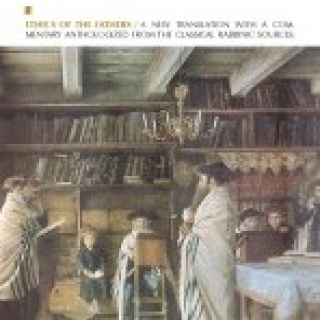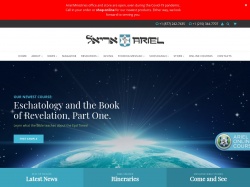
Not always what it Seems
Parashat Mikketz Things are not always what they seem. Often we make assumptions, only to find out in the end we
We are passionate about the Word of God. Learn about the biblical faith from its Hebrew context and discover Yeshua (Jesus), the Jewish Messiah of Israel of whom the Law and Prophets spoke.
BeitEmet – House of Truth – Messianic Judaism
"It’s not enough to just follow along with the teaching of someone else. You are responsible for what you believe and that responsibility doesn't diminish just because you took your theology from someone else."Skip Moen

You don’t want to miss this book of essays: it will help you to see the Scriptures in a very different light! Even if you have been a student of the Bible for a long time; even if you know your Bible very well, you will be surprised to find that many familiar Bible stories seem almost unrecognizable when read in Hebrew (or at least, with some Hebrew). Through a deeper understanding of the original Hebrew text, you will discover new and fascinating insights – and these hidden treasures of the Hebrew Scriptures will help you more fully understand God’s original plan for humanity – and for your life.
Come learn the Scriptures from their Jewish perspective. Understand the historical and culture context from which we have been separated for almost 2000 years.


At five years old a person should study the Scriptures, at ten years for the Mishnah, at thirteen for the commandments, at fifteen for the Talmud, at eighteen for the bridechamber, at twenty for one’s life pursuit, at thirty for authority, at forty for discernment, at fifty for counsel, at sixty to be an elder, at seventy for gray hairs, at eighty for special strength (Psalm 90:10), at ninety for decrepitude, and at a hundred a man is as one who has already died and has ceased from the affairs of this world. (Pirkei Avot 5:21)


Parashat Mikketz Things are not always what they seem. Often we make assumptions, only to find out in the end we

Tonight (Sunday, Dec. 6th) is the beginning of Hanukkah. The word Hanukkah means “dedication” in Hebrew, and recalls the triumphant

Parashat Vayishlach This week’s parasha continues a theme we saw in last week’s parasha, Vayetze, which began and ended with the
Parashah 140, “Instructions for Living in the Land” Date: July 7, 2021 Torah: Deut 18:1-20:9 Haftarah: Jer 29:8-14 Apostolic: Acts 3:22-26; Heb 12:25-29
Parashah 139, “Keeping the First Commandment” Date: July 30, 2021 Passage: Deut 17:1-20 Torah Commentary: Download Reading Schedule: Download The post Parashah
Week 24 Date: June 23, 2021 Passage: Philippians 3:9b-11 Class Handout: Download The post Philippians 3:9b-11 appeared first on TorahResource.


